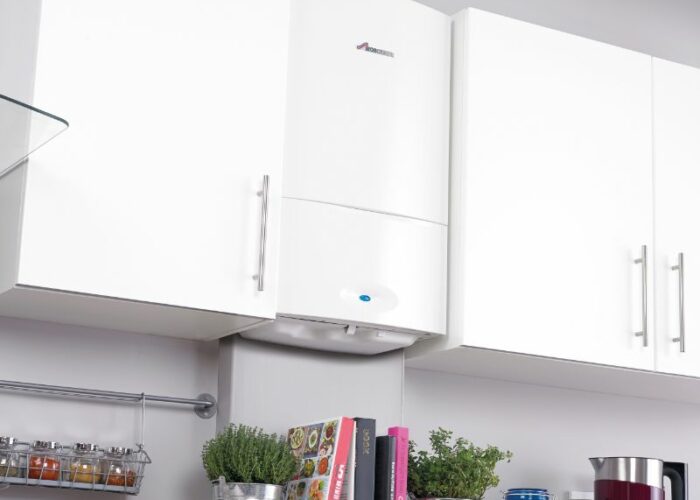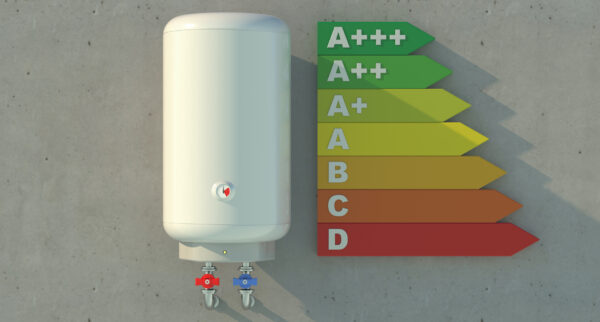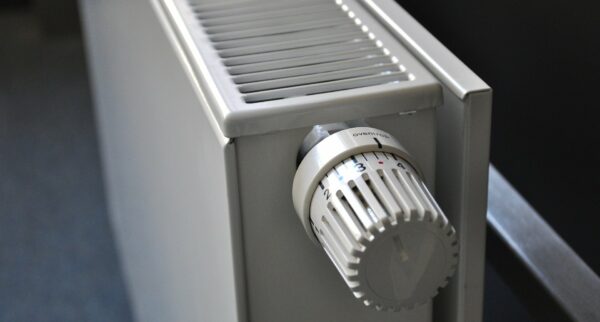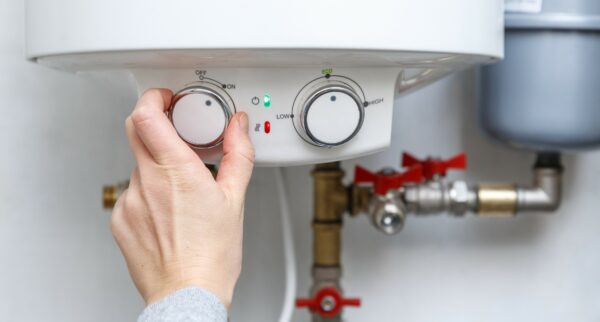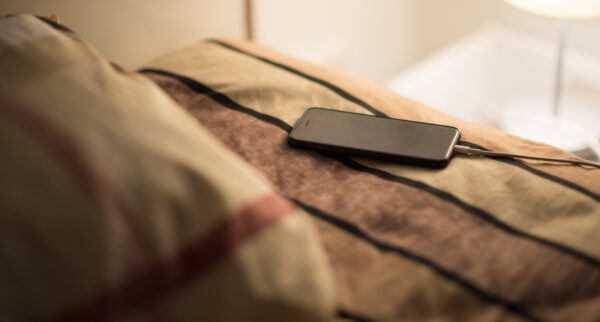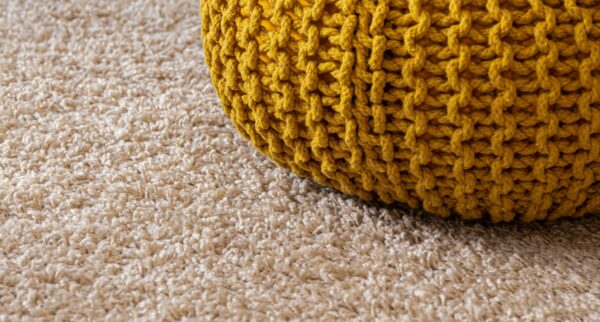Call us today 0207 32 32 999
Lime scale in boilers and pipes is more than one of life’s little irritations we have to live with. It can shorten the life of our boilers, and reduce the efficiency of our heating systems meaning higher energy bills.
The UK building regulations (Part L) require scale-reducing devices to protect water heaters – and the hot water circuit of combination boilers – where mains water exceeds a safe level. However, home owners seldom check these are still working properly.
Table of Contents
ToggleTests to Determine if You Have a Lime Scale Problem
You could send a water sample to a chemist and ask them to measure the amount of dissolved calcium and magnesium. You could also do the chemistry yourself by simply washing your hands.
If your water is ‘hard’ owing to too much calcium you will feel a ‘residue’ of something on your hands after washing them with soap and water. This tells you the calcium is causing ‘soap scum’. This is probably why you need extra detergent to get your clothes sparkling clean again.
Other Ways Hard Water Could Cost You Money
Lime scale caused by hard water builds up gradually. If you have started noticing spots of film on plates and glasses after running them through the dishwasher then you have calcium build up layering your tableware too.
The best dishwasher chemical cannot stop the hard water eventually ruining your precious possessions. Just imagine what’s happening inside your boiler in the presence of high heat. Your coffee maker and kettle may be going the same way.
HOME OWNERS TIP: Clear your coffeemaker by running half vinegar, half water through it. Run a half brew (no coffee please), pause for an hour and complete the cycle. The acid content of the vinegar dissolves the mineral particles and they wash away.
However, the calcium and magnesium in the hard water are not dangerous according to World Health Organization. In fact, water adds calcium and magnesium to our bodies essential for healthy bone structures, and several other important benefits.
More Interesting Facts about Hard Water You May Not Know
Calcium carbonate is a fancy word for chalk which provides a clue where hard water comes from. When rainwater filters through calcium and magnesium deposits, it dissolves small amounts that may eventually find a way into the water we drink.
The presence of hard water therefore depends on the extent of calcium and magnesium in the catchment area. Chemists classify the degree of hardness as follows:
- SOFT Less than 60 parts per million of calcium carbonate
- MODERATE Between 61 and 120 parts per million of calcium carbonate
- HARD Between 121 and 180 parts per million of calcium carbonate
- VERY HARD Over 180 parts per million of calcium carbonate
If your water content scores 200 or more parts per million you should have a scale-reducing device according to the UK building regulations (Part L).
Approximately 60% of the UK has hard or very hard water, with many areas exceeding the threshold for the anti-scale device. Water in the South and East of England is harder than the rest of the UK. This is caused by the presence of chalk and limestone.
Lime scale can have negative effects we hardly imagined before. Factories have to spend large sums protecting their equipment and this adds to the cost of their products. Even clothes can wear out sooner, arguably to the delight of fashion conscious teens.
We can compare the damage calcium carbonate causes to our hot (and cold) pipes to our own bodies if we have cholesterol build up in our blood vessels. In both cases the ‘delivery pipes’ gradually fur up to the point we need higher pressure to deliver less liquid.
How to Plan Your Life without Lime Scale
A commercial water softener is a relatively simple device that removes calcium, magnesium and particular cations from hard water. As might be expected you will need less soap and detergents for your daily routines.
Moreover, your boiler and plumbing should last longer because less lime scale develops or none at all. There are a number of different devices on the market to help you achieve this. Always consult a Gas Safe-registered plumber before making any alteration to your hot water system.
If you have a green garden where you recycle grey water from the bathroom and the kitchen, you need to know this becomes unsuitable for irrigation. That’s because a water softener partly replaces calcium and magnesium with sodium, and this could cause your soil to become alkaline and less beneficial for the plants you love.
How to Get Rid of the Lime Scale in Your Life
There are a number of commercial boiler descalers, most of which are similar and work the same way. Most UK homeowners appreciate the convenience of having a plumber do this for them, while they spend their time at work or with their other interests.
How to Clean Heat Exchanger on Combi Boiler
This is an overview of how a plumber might go about this. However we caution you against trying this yourself.
- Turn off the boiler or other domestic water heater. Then stop incoming water flow at the ball valve or another suitable control point up stream.
- Open all the water taps fully to drain down the system after removing any bath, basin and sink plugs. Close the taps when the water flow ceases.
- Add the recommended quantity of commercial lime scale remover to the cold water storage tank.
- (If you have a combi boiler without a tank you may have to remove the heat exchanger and descale it directly.)
- Refill the cold water storage tank until the level covers the feed connection. The turn on the system again and allow it to heat for four hours.
- However do open the hot taps every fifteen minutes allowing a pint of hot water to run through at each point and commence the cleansing.
Recommission the system and flush both hot and cold water systems thoroughly. This is the only way to do the job properly, and we really recommend you find a plumber to get rid of your lime scale.
